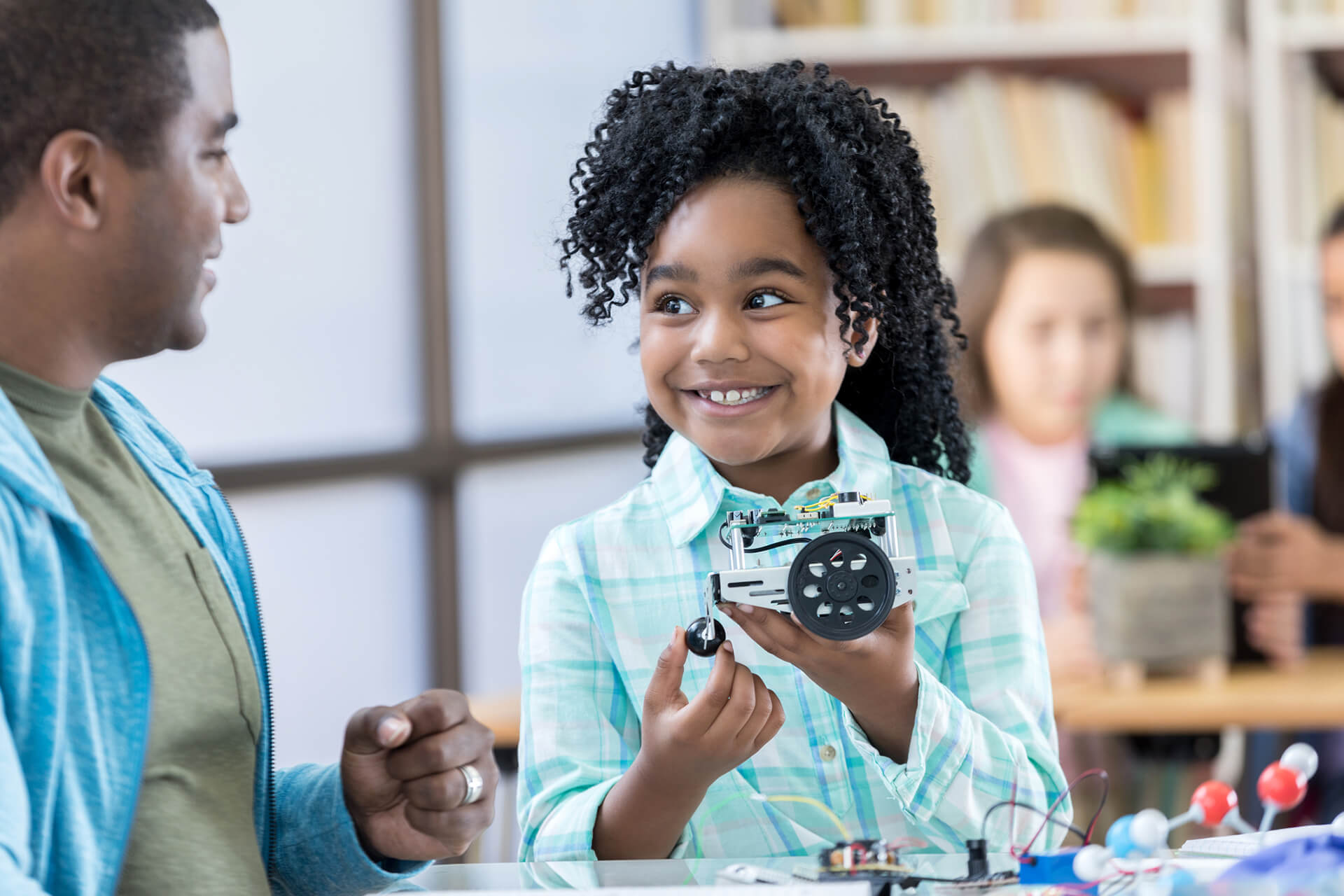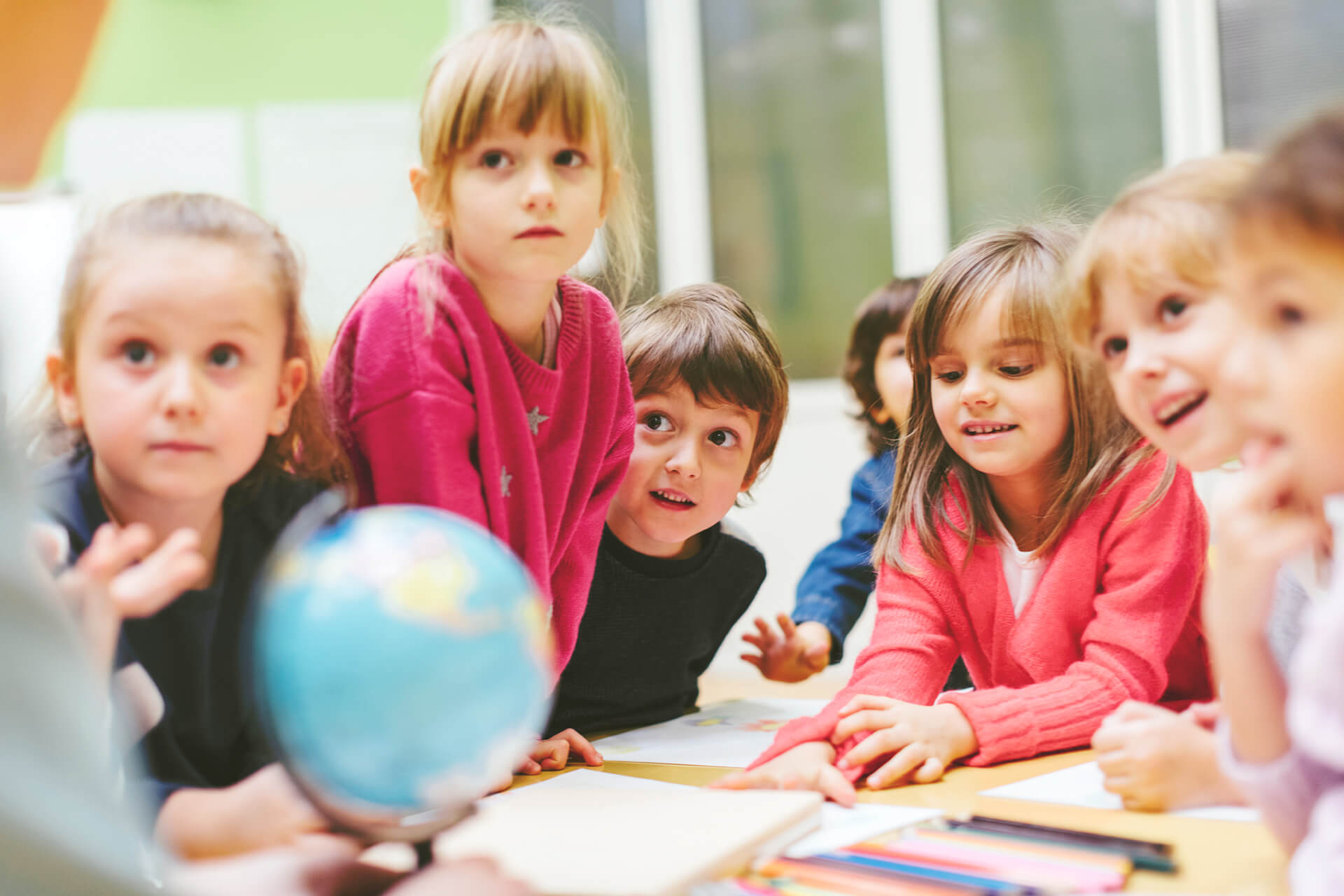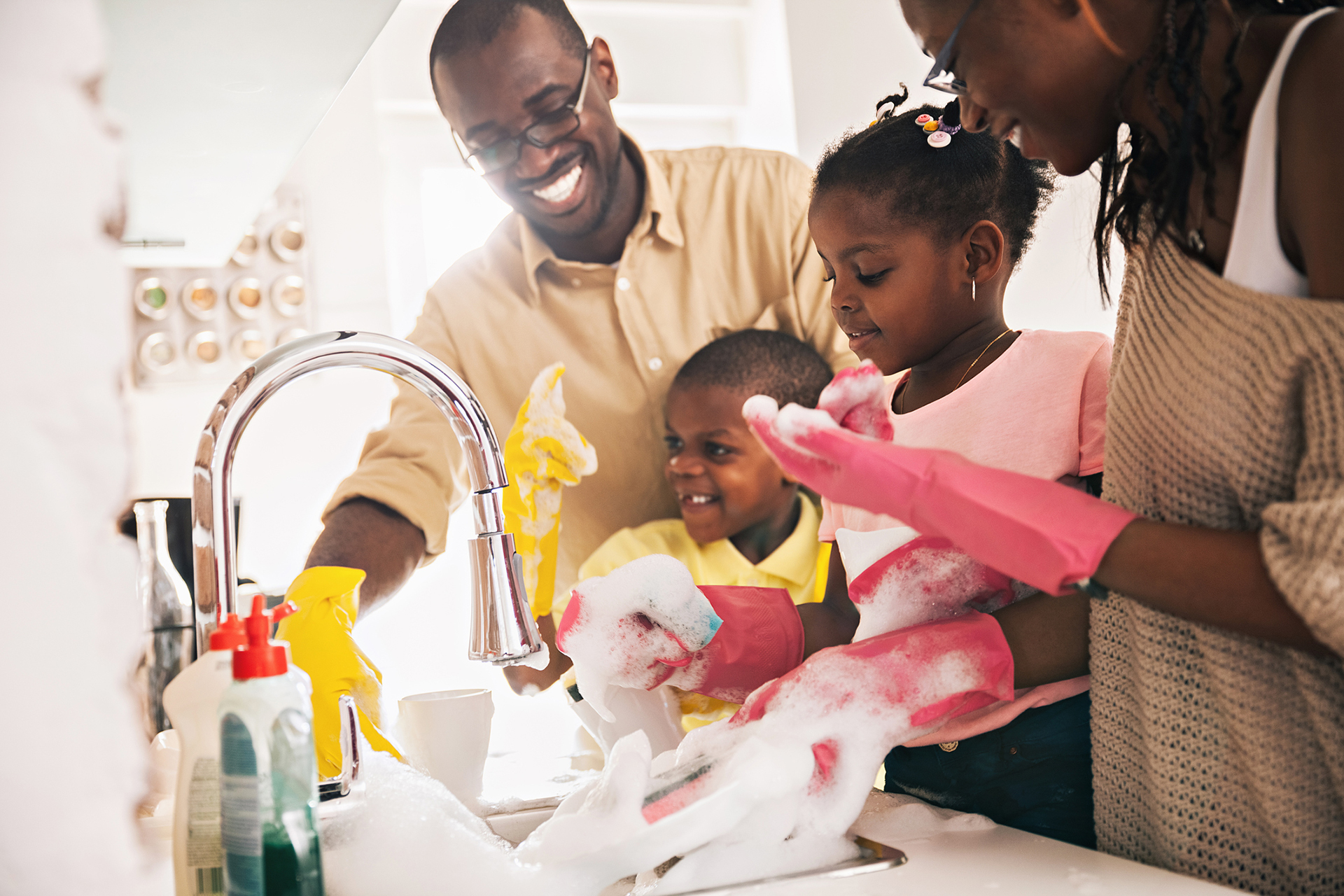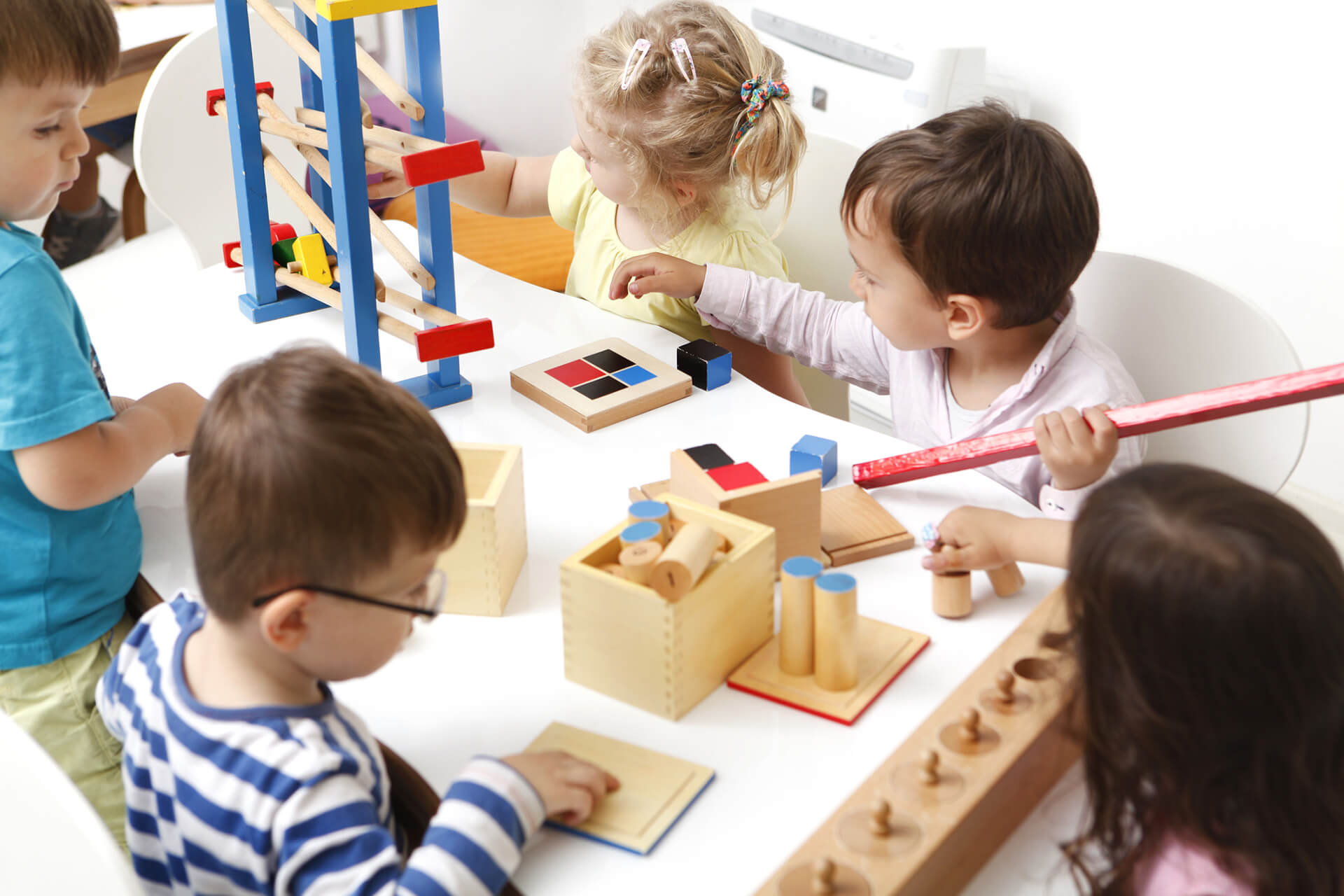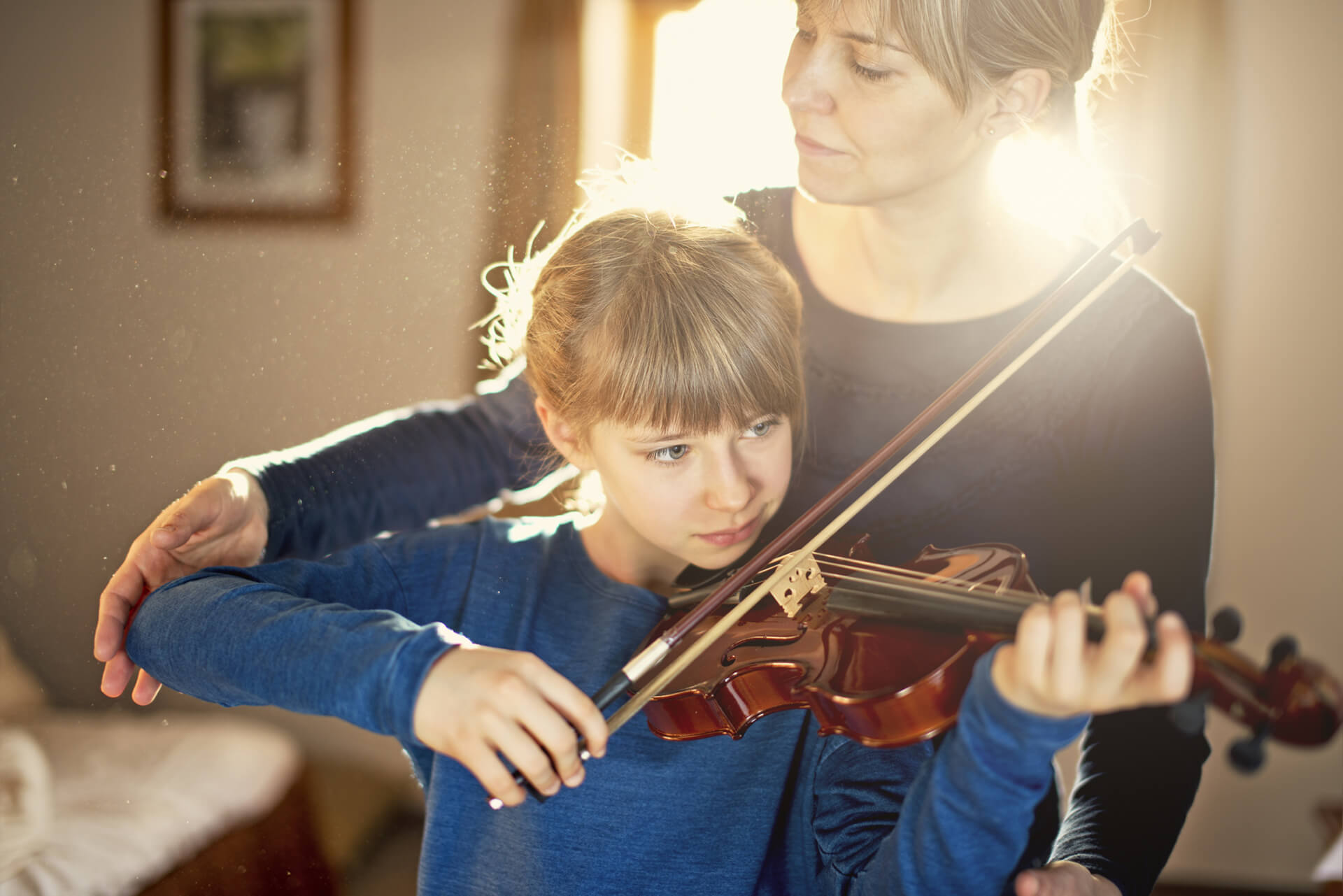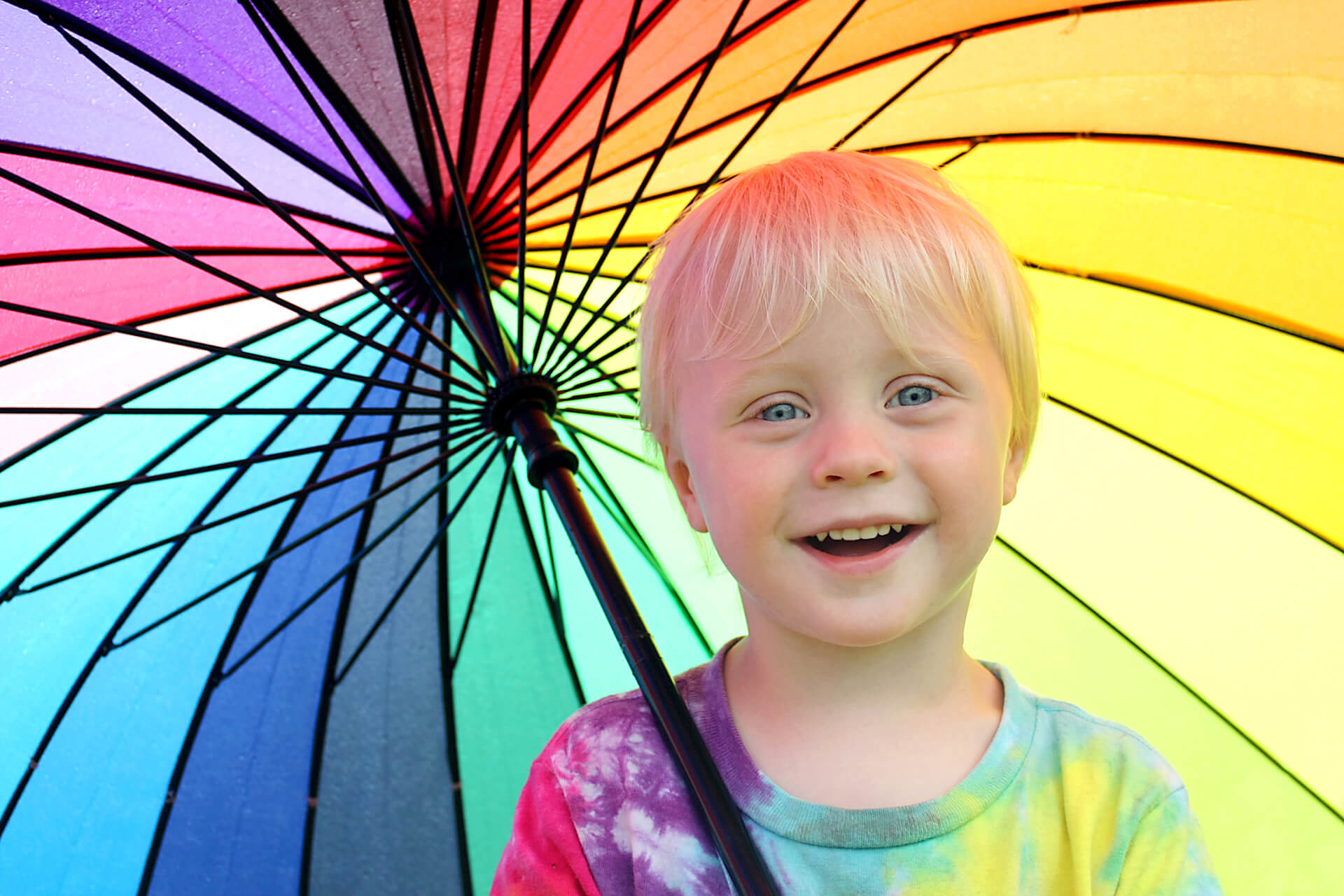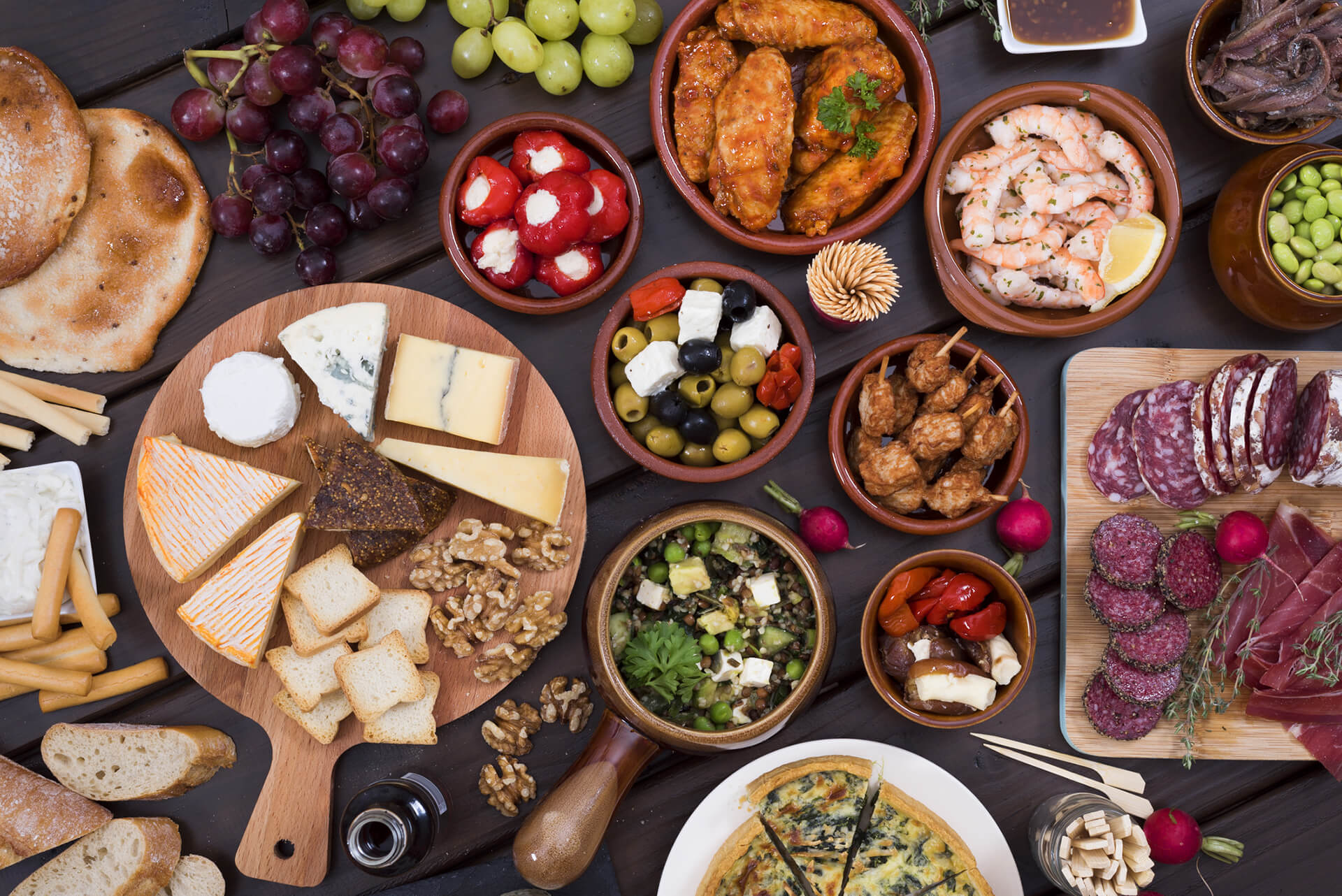Make room when your child says, “I can do it myself!”
By Vivian Cain
Young children are naturally interested in doing the things they see others do. Sometimes it’s challenging to be patient with your toddler or preschooler as they learn the everyday skills they need to become independent.
Children want to pour their own drinks, but the cups are stored out of reach. They want to dress before they completely understand how to dress for the weather. They want to zip their own coats, but you’re in a rush and want to get out the door quickly.
However, enabling your toddler or preschooler to do these things on their own has incredible short- and long-term benefits. When children feel more independent and able to do things on their own, they no longer feel the need to fight for control. You also may find that emotional meltdowns become less frequent.
The Montessori education philosophy includes a strong


